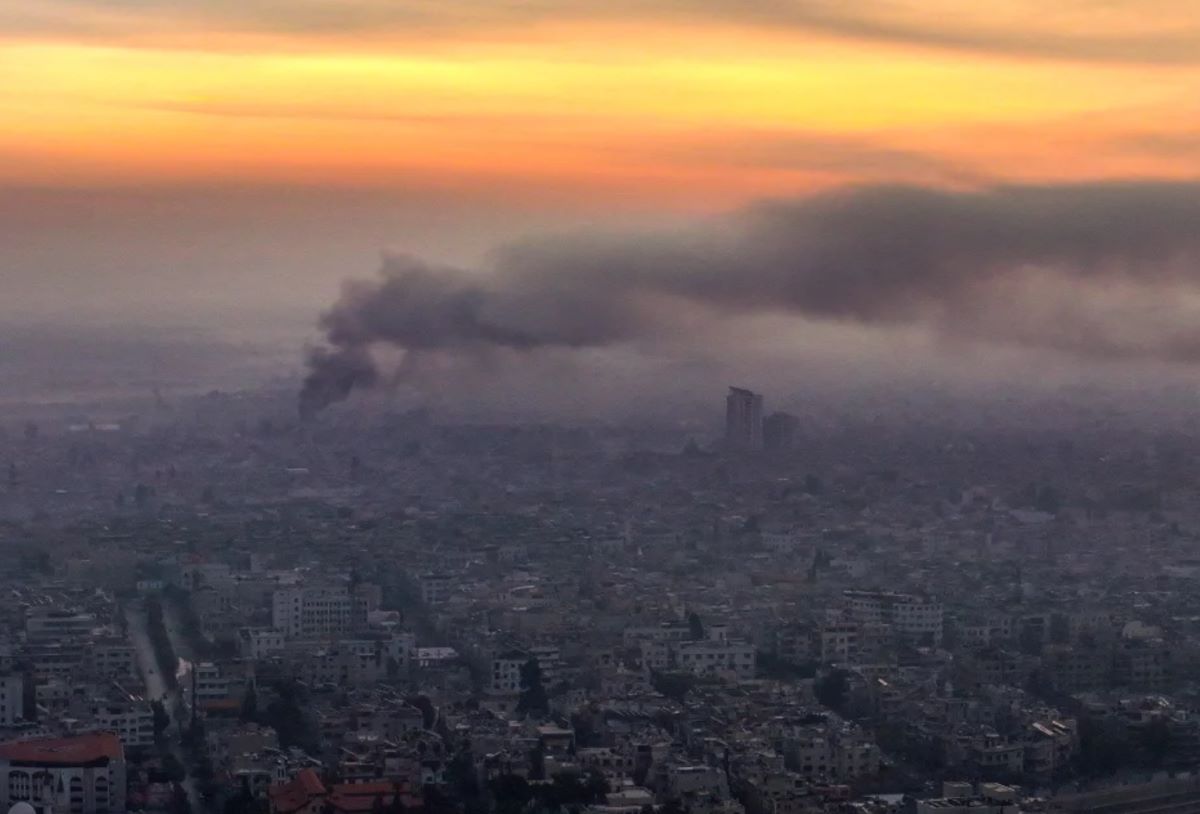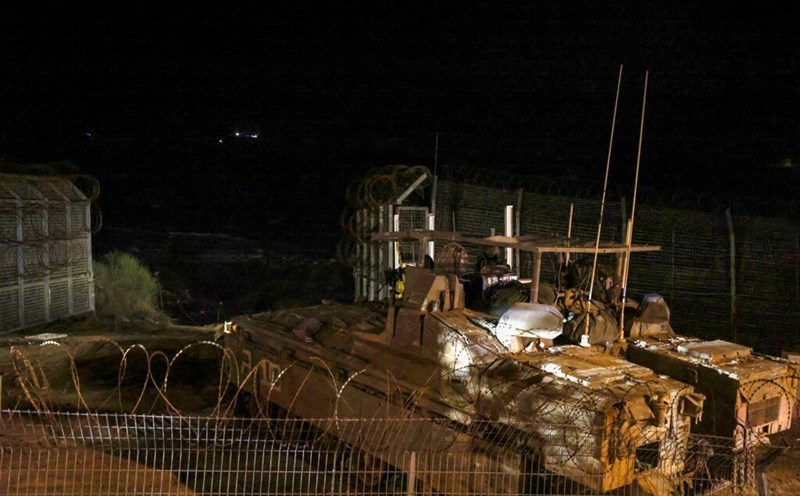The fall of the Assad regime has prompted a strong military response from Israel, which has carried out airstrikes against military targets across Syria and deployed ground forces across the demilitarized buffer zone for the first time in 50 years.
CNN reported that on December 10, the Israeli military announced that it had carried out about 480 attacks across Syria in the past two days, targeting most of Syria's strategic weapons depots. Israeli Defense Minister Israel Katz said the Israeli navy destroyed the Syrian fleet overnight, calling the operation "a great success."
Just a day earlier, Israeli Prime Minister Benjamin Netanyahu called the fall of the Assad regime “a new and dramatic chapter.”
“The collapse of the Syrian regime is a direct result of the severe blows we have dealt to Hamas, Hezbollah and Iran,” Netanyahu said in a rare press conference on December 9. “This axis has not completely disappeared, but as I promised, we are changing the face of the Middle East.”
Israeli officials welcomed the fall of Mr Assad, a close ally of Iran, who had allowed Syria to be used as a supply route for Hezbollah in Lebanon.
However, Foreign Minister Gideon Sa’ar said Israel was attacking Syrian military facilities containing chemical weapons and long-range missiles to prevent them from falling into the hands of “extremists”.
The activist group Voice of the Capital said the air campaign on the night of December 10 was “the strongest in Damascus in the past 15 years”.

Of the 480 strikes carried out by the Israeli Air Force, about 350 were conducted by manned aircraft targeting airports, air defense systems, missiles, drones, fighter jets, tanks, and weapons manufacturing facilities in Damascus, Homs, Tartus, Latakia, and Palmyra, according to the Israel Defense Forces (IDF). The remainder were in support of ground operations, targeting weapons depots, military structures, launch pads, and firing positions.
The Israeli navy also attacked two Syrian naval facilities where 15 ships were anchored. Dozens of anti-ship missiles were destroyed.
Meanwhile, many Arab countries accuse Israel of taking advantage of instability in Syria to seize land.
The Arab League said Israel was “taking advantage of the internal situation in Syria”, while Egypt said the move was “an exploitation of the chaos… to occupy more Syrian territory”.
Meanwhile, Israeli military spokesman Nadav Shoshani denied that Israeli forces were “advancing towards Damascus”, but admitted they were operating outside the buffer zone.The Israeli military insisted it “does not interfere in internal events in Syria”.
Defense Minister Katz said Israel was establishing a “security zone free of strategic weapons and terrorist infrastructure” in southern Syria, “beyond the buffer zone.”
Voice of the Capital reported that Israeli forces had advanced to Beqaasem, about 15 miles from the Syrian capital and a few miles from the buffer zone. CNN could not independently verify the claim, but the village is at the foot of Mount Hermon, a strategic area that borders Syria, Lebanon and the Golan Heights.











